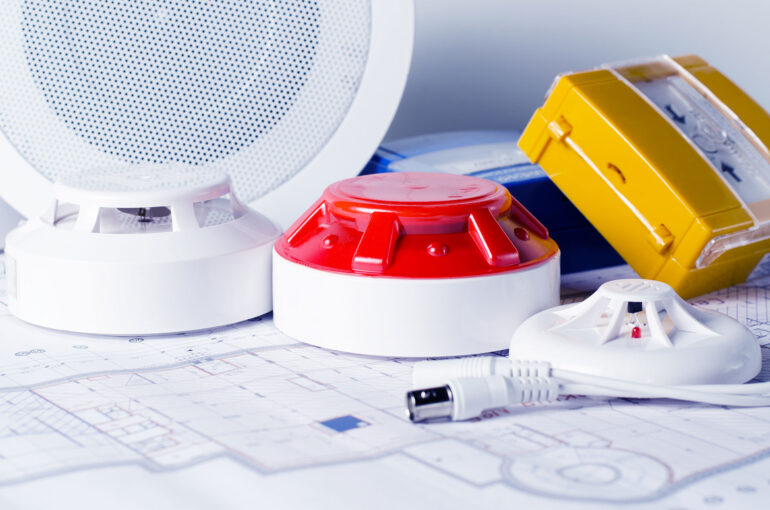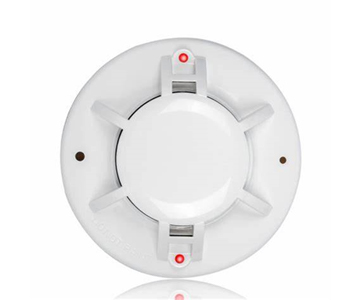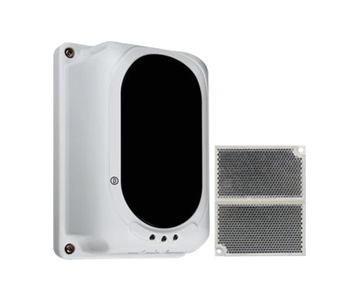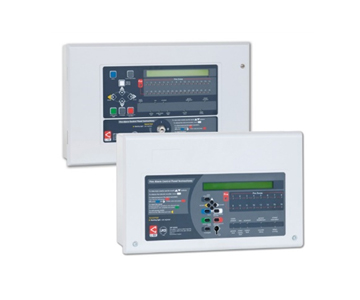
Fire alarm systems
Fire Alarm System is designed to alert us to an emergency so that we can take action to protect ourselves, staff and the general public.
Fire alarms are found in Offices, Factories, and public buildings, they are a part of our everyday routine but are often overlooked until there is an emergency at which point, they might just save our lives.
Whatever the method of detection is, if the alarm is triggered, sounders will operate to warn people in the building that there may be a fire and to evacuate.
The fire alarm system may also incorporate a remote signal system which could then alert the fire brigade via a central station.
The “Brain” of the fire detector system is the Fire Alarm Control Panel and we have different Types of Fire Alarm systems:
Conventional Fire Alarm Systems
In a Conventional Fire Alarm System, physical cabling is used to interconnect several call points and detectors, the signals from which are wired back to the main control unit. Call points and detectors are arranged in “Zones” to simplify locating the cause of the alarm, this is important for both the fire brigade and general building management. Each zone is indicated at the Fire Alarm Control Panel either with an indicator lamp, a text display or in some cases both. The Control Panel is wired to a minimum of two sounder circuits which could contain bells, electronic sounders or other audible fire alarm devices. It is these devices which sound the alarm when triggered.
1- Fire Alarm Control Panels

2- Detection & Alarm Devices:

Smoke Detector

Heat Detector

Beam Detector

Gas Detector

flame detector

Multidetector
3- interface fire unit

monitor module

Control Modules
Addressable Fire Alarm Systems
The detection principle of an Addressable System is the same as a Conventional System except that each detector is given a set Address (usually by means of a dip-switch) and the Control Panel can then determine exactly which detector or call point has initiated the alarm. The detection circuit is wired as a loop and up to 99 devices may be connected to each loop.
1- – Fire Alarm Control Panels

2- – Detection & Alarm Devices

Smoke Detector

Heat Detector

Beam Detector


Gas Detector


flame detector
3- interface fire unit

monitor module

*Control module

